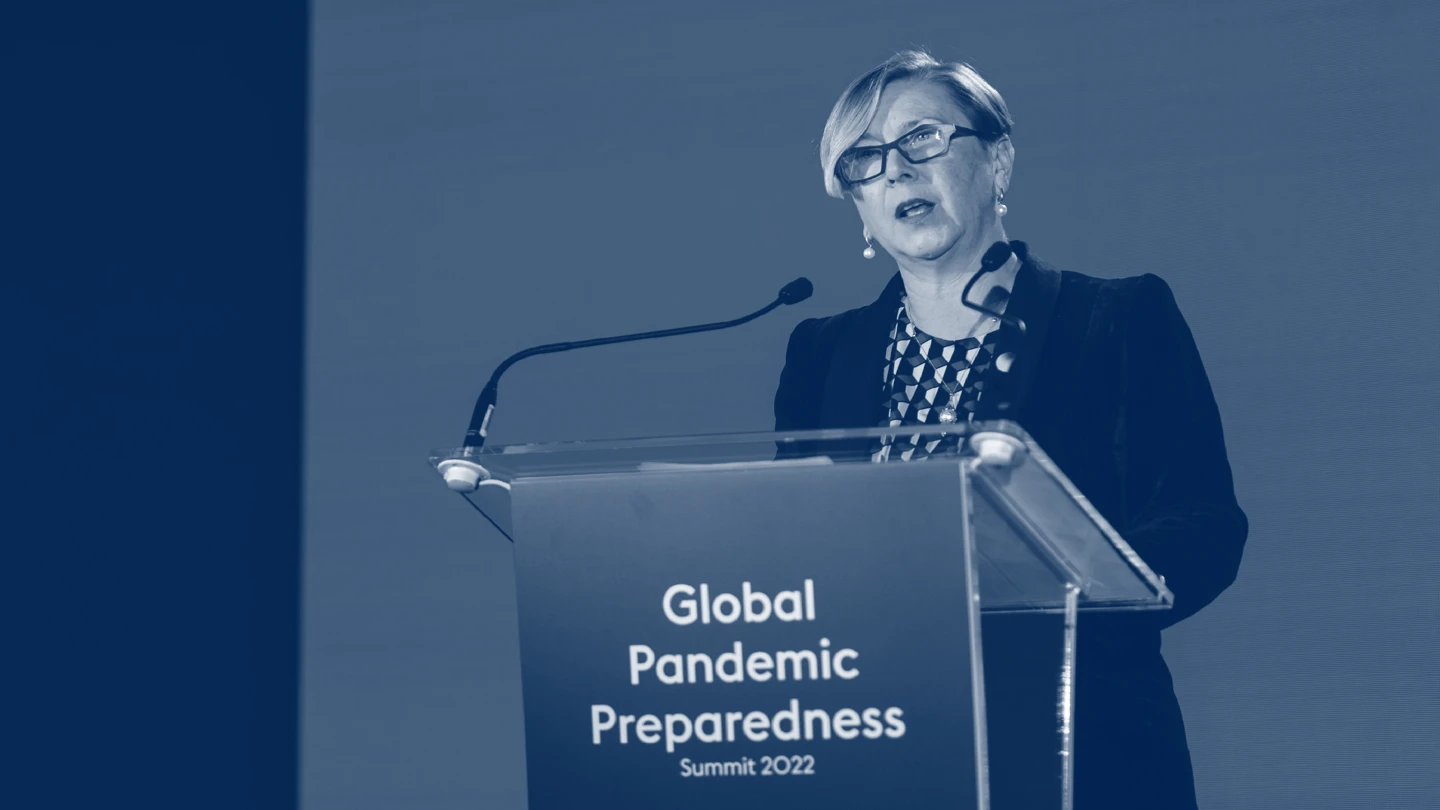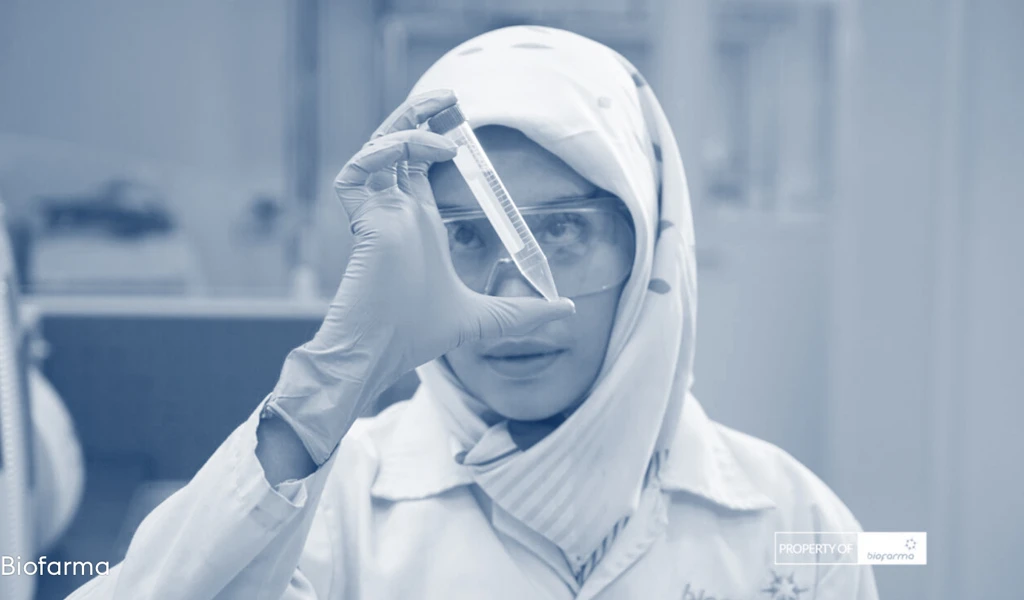Vaccine technology
Vaccines are a potent weapon against infectious diseases and are at the heart of global responses to epidemic and pandemic threats. CEPI supports cutting-edge technologies that can accelerate the development of safe, effective and accessible vaccines against emerging disease outbreaks.

Creating lifesaving vaccines in 100 days
Over the past century, vaccines have helped give humankind an edge in the evolutionary arms race between viruses and our immune systems’ ability to adapt to their disease-causing potential.
Over the past century, vaccines have even helped to eradicate deadly diseases such as smallpox. Now, they save 2-3 million lives a year and even help combat certain types of cancer, such as cervical and throat cancers caused by human papillomavirus (HPV). The impact of COVID-19 vaccines has been even more striking. In the first year of their rollout during the pandemic, vaccines saved 20 million lives.
Our vision is for the world to be able to respond to the next Disease X with a new vaccine in 100 days. Known as the 100 Days Mission, this goal lies at the heart of CEPI’s plan to end pandemics and has also been embraced by leaders of the G7 and G20. CEPI supports innovations in key vaccine technologies that will ultimately help the world respond faster and effectively to such threats in the future.


Supporting development of platform technologies
As COVID-19 showed the world, the next Disease X is an ever-present threat. Vaccine platform technologies are essential for rapid responses to emerging viral threats. Vaccine platform technologies are systems that use the same basic components as a backbone but can be adapted for use against different pathogens by inserting new genetic or protein sequences. Techniques for platform manufacturing can be set up for rapid use against Disease X. Over time, as regulatory authorities gain experience with and gather data on a platform technology through its use, they will likely become more comfortable about rapidly moving new vaccines into clinical trials. This has been the case with Flu vaccines, which are developed every year on an existing vaccine platform technology.
We support a wide range of viral-vector-based, nucleic-acid-based, and recombinant-protein-based vaccine platforms. CEPI’s work to develop platform technologies against Disease X and priority-pathogen vaccines are also yielding critical data and insights that will help the world accomplish the 100 Days Mission. Check out our R&D portfolio to learn more about our wide range of platform-technology investments.
Priority-pathogen vaccines
Alongside its work on Disease X, CEPI is working to develop vaccines against ‘priority pathogens’ that each have epidemic or pandemic potential. Many of these emerging or re-emerging priority pathogens already cause immeasurable human suffering and economic damage, so vaccines are urgently needed.
CEPI has supported the development of over 30 vaccine candidates against its priority pathogens—Chikungunya virus, Ebola Virus Disease, Lassa virus, Nipah virus, Middle East Respiratory Syndrome coronavirus, Mpox, Rift Valley Fever virus and SARS-CoV-2—and is a leading funder of research into broadly protective coronavirus vaccines, which could protect against future variants of COVID-19 as well as other coronaviruses with epidemic and pandemic potential. The coalition has also invested in the development of rapid response platforms to develop vaccines against Disease X (the threat of an unknown virus).
CEPI has backed the development of 30+ vaccine candidates for its priority pathogens, overseeing a number of scientific breakthroughs, including the first-ever approved Chikungunya vaccine, and advancing the first-ever Nipah vaccine into Phase I and the first-ever Lassa fever vaccine into Phase II trials.
CEPI also played a central role in the global response to COVID-19, supporting the development of one of the world’s largest portfolios of vaccines against SARS-CoV-2, seven of which have been approved for domestic or global use. It also co-led COVAX, the global initiative to deliver fair and equitable access to COVID-19 vaccines, which delivered approximately 2 billion doses of vaccine to 146 countries around the world. CEPI’s work to develop platform technologies against Disease X and priority-pathogen vaccines will also yield critical data and insights that will help the world accomplish the 100 Days Mission.


Enabling science
From biological standards to preclinical models, CEPI supports enabling science activities to accelerate the development of safe and effective vaccines.

Process development and manufacturing
CEPI is bolstering global manufacturing capacity in underserved regions and harnessing innovative technologies to improve the speed, scale and access of vaccine manufacturing in response to epidemic and pandemic threats.

Our portfolio
Our interactive portfolio provides information on each of the vaccine candidates and other projects that CEPI has invested in.

Calls for Proposals
Innovators worldwide are invited to apply to our scientific programmes to advance the development and manufacture of vaccines and tools against epidemic and pandemic threats.
